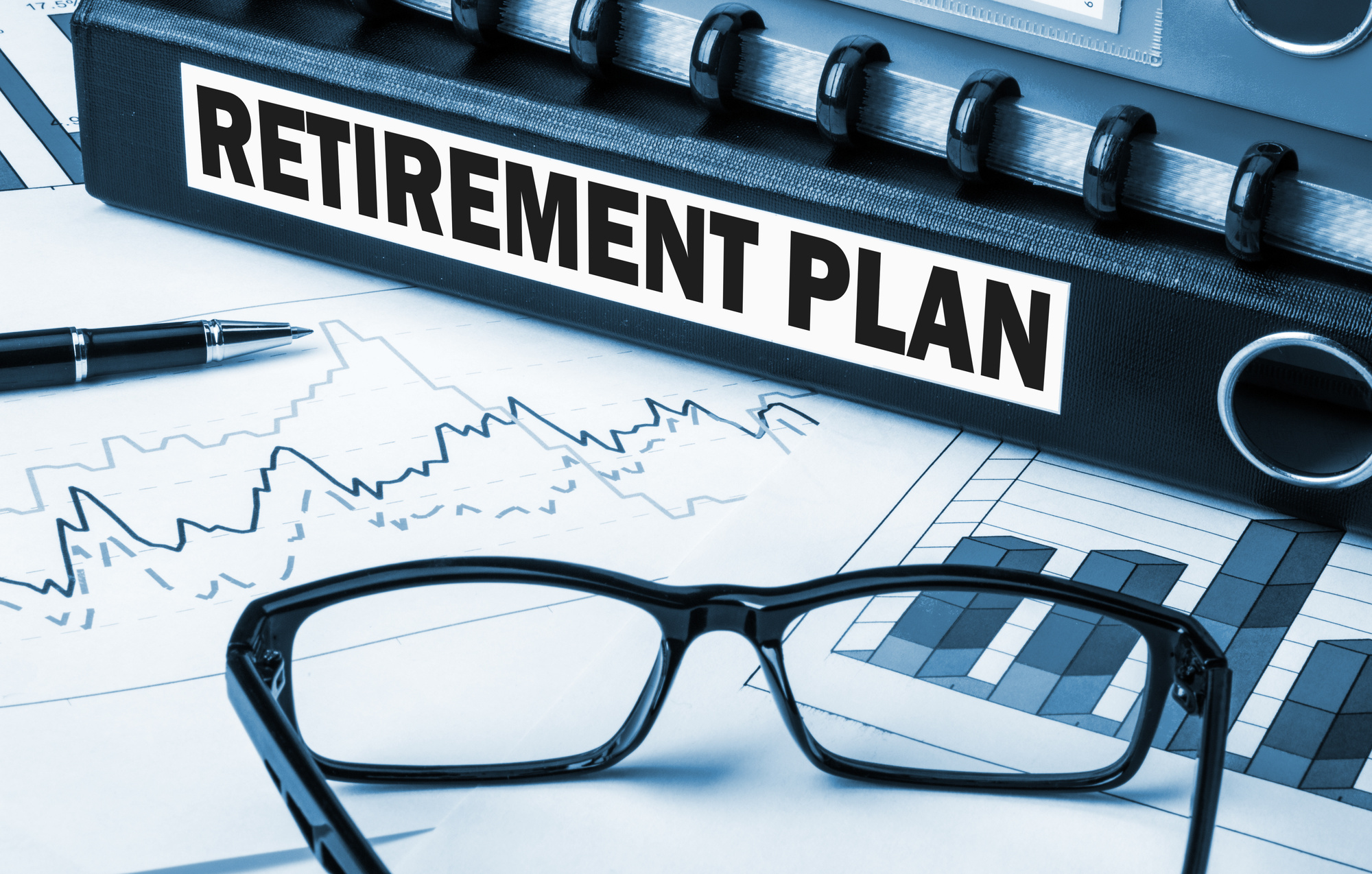Preparing for Retirement: 8 Important Tips
Are you planning on retiring but don’t know where to start?
Many people dream of the day of retirement when they finally allow themselves to relax and enjoy life. Unfortunately, not enough people are planning for it.
Preparing for retirement can seem like a distant goal, but getting there will be much easier if you start early and plan. You can start saving for retirement as soon as you become an employee.
But if you don’t believe in the value of future planning, you may consider reading these eight retirement planning tips that can change your mindset. Read on.
1. Make a Retirement Plan
There is no one-size-fits-all retirement plan, but there are some essential things to consider when planning for the best retirement plan. Start by determining the exact date you intend to retire and how much income you’ll need to support yourself.
Then, estimate how much money you’ll be able to save and how much you can expect to receive from Social Security, pensions, and other sources of income.
Differentiate between what you have and need and alter your lifestyle by downsizing your home or working part-time.
Be sure to factor in inflation and healthcare costs, which are likely to rise over time. And don’t forget to allow for unexpected expenses.
Consider these flexible drawdown pensions that provide choices to support your retirement planning.
2. Live Within Your Means
One of the essential tips for retirement is living within your means. It means spending less than you earn each month and saving the difference.
One way to do this is to create a budget and stick to it. Track your income and expenses for a month to get an idea of where your money goes.
Another way to cut costs is to downsize your home or eliminate unnecessary expenses. Living within your means can make retirement more affordable and reduce the debt you carry into retirement.
3. Establish Savings for Retirement
Start saving for retirement as early as possible, even if it’s a small amount each month. The sooner you start, the more time your money has to grow.
Consider setting up automatic checking accounts in your savings or retirement account. A good rule of thumb is to save a portion of your income.
A solid investment in one’s career and academic life can yield substantial returns in retirement. The more you earn while working, the more you’ll have to save for retirement.
Be smart about where you are keeping your money; a mix of stocks, bonds, and cash deposits is an excellent way to diversify your retirement portfolio.
And last, check your retirement savings plan from time to time to ensure it is still on track.
4. Stay Healthy
One of the best ways to stay healthy in retirement is to focus on prevention. It means getting regular checkups, screenings, and vaccinations.
Maintain a healthy lifestyle by eating a healthy diet, exercising regularly, and not smoking. If you have chronic health conditions, work with your health care team to manage them.
Retirees also need to pay attention to their mental health. Retirement can be a time of transition and adjustment. Be aware of the signs of depression and anxiety, and get help if it arises.
Finally, stay socially connected. Research shows that social isolation and loneliness can harm your health. So keep in touch with family and friends, and make new social connections in retirement.
5. Generate Additional Income
One option to generate additional income is to get a part-time job. It can provide extra cash to help cover retirement costs and keep you mentally and physically active.
Consider several possibilities when looking for a part-time job; research and choose something you’ll enjoy.
Investing in a rental property is another option that can give you a passive income and a chance to stay active in the community. Whatever option you choose, consider all the pros and cons before making any decisions.
6. Reduce Existing Debt
Another important tip is to create a retirement plan that includes debt reduction as one of your goals. Increase your debt payments above the minimum monthly amount, which allows you to pay them off quicker.
If you have multiple debts, prioritize the one with the highest interest rate. Always pay on time to prevent penalties and other charges, as these extra charges will add to your expenses without your knowledge.
Additionally, examine your expenditures to identify where you can save money to make room for debt payments.
7. Get Help From Investment Advisors
Seek professional help to make sure you’re on track. Investment advisors can assist you in formulating a plan to reach your retirement goals. They can also help you decide how much money to save and where to invest.
Advisors can assist you in determining how much income you will need in retirement and develop strategies to achieve that income. They can also help you manage your portfolio according to your objectives and risk tolerance.
If you are uncertain whether to seek assistance from an advisor, consider meeting with one for a consultation. Many advisors provide free consultations to help you decide which one is best for you.
8. Enjoy Retirement
Celebrate with your family and close friends. It does not have to be a party, but toasting and thanking everyone who matters to you is what counts. Make the most of retirement by living each day to the fullest.
It will help you enjoy a long and happy retirement.
Don’t Stress: Start Preparing for Retirement
Preparing for retirement is a vital part of financial planning. By starting early, you can ensure that you have enough money to cover your costs in retirement.
The earlier you start saving for retirement, the more time your money has to grow. Start planning for retirement today to ensure a comfortable future. Following these tips can make the most of your retirement savings.
For more lifestyle and financial content, please check our other blog posts.


